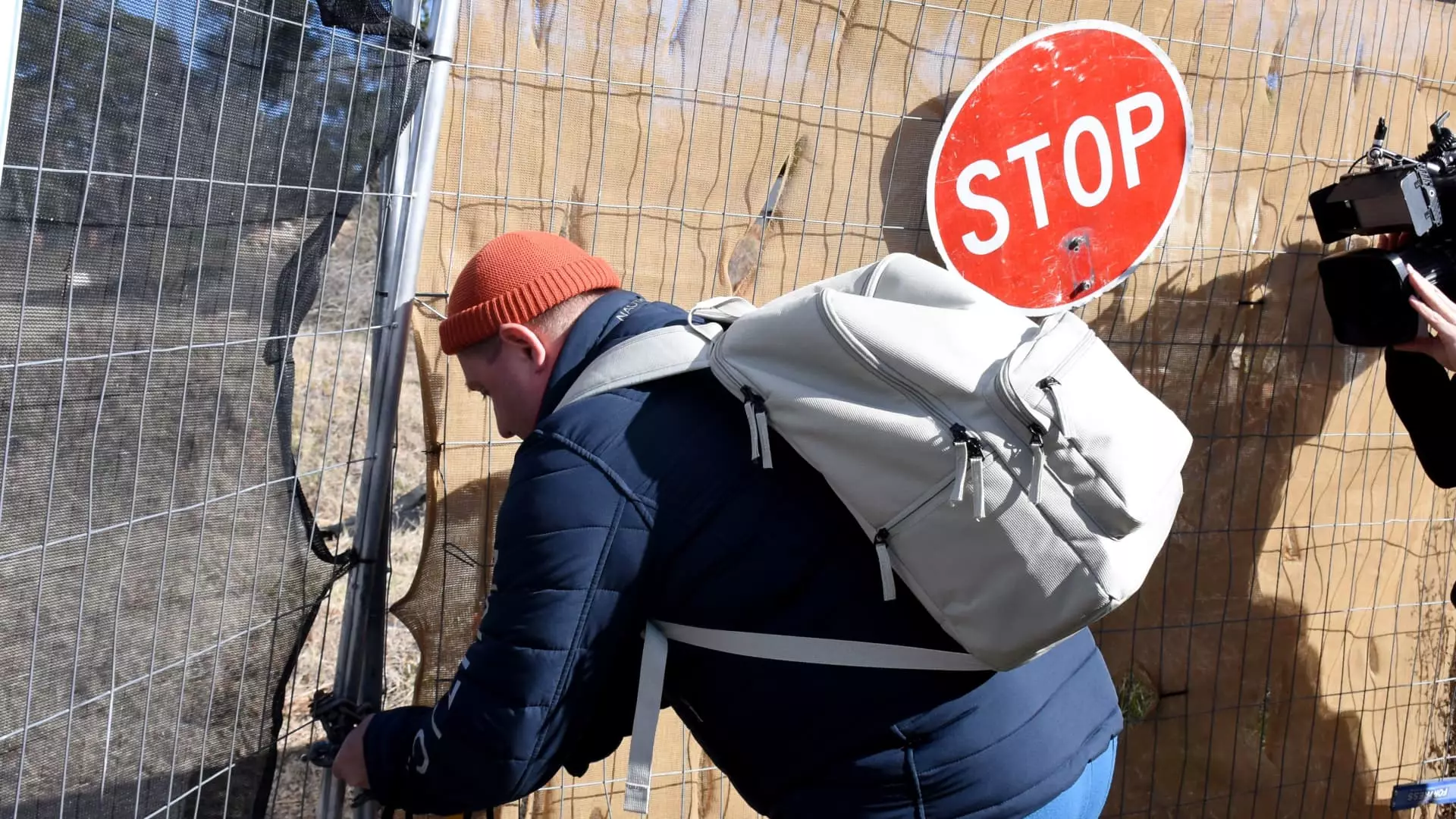Recent events have strained the diplomatic relationship between Australia and Russia, following the arrest of a couple charged with espionage. As the Australian Federal Police (AFP) announced charges against Kira and Igor Korolev, who possess dual Australian and Russian citizenship, tensions escalated. The couple’s arrest, which occurred in Brisbane, raised eyebrows not only for the serious nature of the allegations but also for the context surrounding their apprehension. Despite the lack of significant evidence suggesting a serious compromise to national security, the implications of such charges have provoked mutual accusations and deepened diplomatic rifts.
Russia’s Reaction and Accusations
In response to the arrests, the Russian embassy in Canberra condemned the actions of the Australian government, claiming that they were fostering an environment of “anti-Russian paranoia.” Such statements illustrate Russia’s attempt to frame the narrative, positioning the arrests as a politically motivated act aimed at deflecting public attention from the shortcomings of the ruling Australian Labor Party. This reaction highlights a broader trend in international relations, where states often engage in rhetorical warfare to protect their national image and distract from domestic issues.
Prime Minister Anthony Albanese firmly rejected Russia’s claims, urging the country to refrain from meddling in Australia’s domestic affairs. His statement reflects Australia’s increasingly proactive stance against perceived foreign interference. As an ally of Ukraine, particularly since Russia’s aggressive actions following the 2022 invasion, Australia has taken significant steps to bolster its defense capabilities and support international efforts against Russia. The government recently announced a substantial military aid package to Ukraine and implemented sanctions against various Russian entities, a move that further solidifies its stance on national security and global stability.
The charges brought against the Korolevs are notably significant as they are the first under the updated espionage laws enacted in Australia in 2018. Laws pertaining to national security and espionage are crucial in today’s geopolitical climate, especially considering Australia’s role in global coalitions against state-sponsored threats. The couple faces potential prison sentences of up to 15 years, a stark reminder of the gravitas of espionage in Australia’s legal framework. The inquiry into their activities suggests a heightened vigilance by Australian authorities regarding foreign influence and espionage, which is a growing concern in many democratic countries.
The arrest of Kira and Igor Korolev may serve as a litmus test for Australia’s resolve to protect its national interests, while also acting as a point of contention in international relations with Russia. As both nations navigate the aftermath of these serious allegations, the situation underscores the delicate balance between addressing domestic security and maintaining diplomatic ties. The unfolding events might set a precedent for future espionage cases, either reinforcing strong legal frameworks or exacerbating tensions between countries embroiled in geopolitical conflicts. Australia’s approach in this matter will likely be scrutinized heavily on both domestic and international stages as it continues to assert its sovereignty in the face of foreign challenges.


Leave a Reply